While our book was called The Hero and the Outlaw, today, two separate experiences reminded me of the very powerful and eternal struggle between the Hero and the Ruler.
First, I watched Elizabeth Warren tear into what she described as John Stumpf’s “gutless leadership” at the helm of Wells Fargo during the mega-bank’s consumer fraud scandal. A few hours afterwards, I saw the film, Sully. In different, but related ways, both the Senator and the character representing pilot Chesley Sullenberger confront apparently bloodless embodiments of authority and power; in each case, facing down the cold confidence Rulers use to intimidate and control.
Of course, many will rally to the defense of Wells Fargo executives and there is already some controversy about how much distortion there was in the film regarding the “investigation” of Flight 1549, in the interest of providing an antagonist and some needed tension in the story-telling.
But a compelling story it is, and it provides some insights about how Heroes conquer Rulers.
David-and-Goliath violence, coupled with the ingenuity of the resourceful underdog, is one standard narrative, to be sure, evidenced in stories ranging from Spartacus to Braveheart to The Hunger Games. In these stories, the antagonist is the power-hungry Ruler/Tyrant, capable of heinous actions against the Everyperson in order to maintain authority and control. The only way for the Hero to conquer them is to step up and destroy them.
But what about when the Ruler assumes a different form, instead undermining ordinary people not with overt aggression and physical threat, but with crippling and soul-depleting Ruler requirements and procedures? This calls for the Jester (to make fun of the bureaucrat), the Everyperson (to expose their hypocrisy), or, interestingly, a very different kind of Hero.
The movie, Sully, depicts this alternative Hero very well. The pilot’s weapon is not the slingshot and stone. Instead, it’s the reminder that real Heroes are human – in this case, they need to absorb, process and react to what’s happening; and even in the most pressured of circumstances, call upon their experience and instinct to feel out a situation and determine how to act. Joseph Campbell called this process “answering the call”, assuming there would be reluctance, ambivalence, even conflict in determining the right course. And that this is a natural part of the Hero’s journey – the difficult decision to answer the call and to assume the responsibility for all that that entails.
Hero brands taking on Rulers might keep the importance of this human dimension in mind. I don’t think film-goers will have a diminished view of Sullenberger as a result of seeing this movie; instead, I believe they will find him more relatable and even more admirable. No disembodied algorithm would have absorbed the situation the way he did and made the decisions he made. Real human Heroes question, reflect and even reveal self-doubt, while Rulers can often assume they have some automatic, autocratic authority they have inherited.
Perhaps in this election cycle, the lesson holds, as well. The “my way or the highway” Ruler is probably not best confronted with in-kind counter-attacks, but with authentic reminders of the fundamental humanity underlying all genuine Heroism – how we are called, how we answer the call, and why we do so. Including why we doubt and worry, like Captain Sully Sullenberger.

